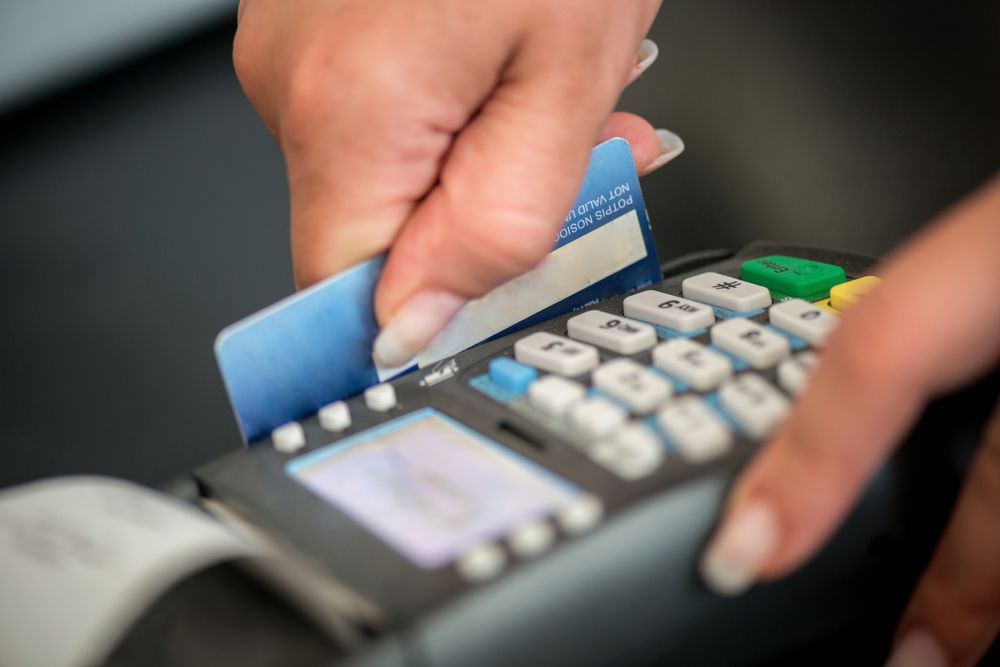[ad_1]
Just as the stunning stock turnaround this year is boosting investor confidence, a “critical variable” is now flashing warning signals—U.S. consumer confidence is starting to fall at rates not seen since the financial crisis. In a trillion-dollar economy where about 70% of activity is driven by consumption, that’s not a good sign and poses a major threat to the 10-year bull market. “If confidence erodes for even a few more months, we believe the entire U.S. recovery from mid-2009 will come to an end,” Leuthold Group’s chief investment officer Doug Ramsey told Business Insider.
Ramsey pointed out that the Present Situation Index fell in March by the most since 2008. The Index, based on consumers’ assessment of current business and labor market conditions and published by The Conference Board, declined by 7% between February and March. “[T]he overall trend in confidence has been softening since last summer, pointing to a moderation in economic growth,” wrote Lynn Franco, Senior Director of Economic Indicators at The Conference Board.
What the Present Situation Index Is Telling Us
- Fell in March by the most since 2008 financial crisis;
- Measures overall consumer sentiment regarding the present economic situation;
- Gauge is closely linked to stock performance;
- S&P 500 returns firmly negative during periods where index is below moving average.
Source: Leuthold Group; Business Insider.
What It Means for Investors
Quantitative analysts at the Leuthold group consider the index the indicator most closely linked to the future performance of the stock market. During past episodes when that indicator has fallen below its moving average (MA), the S&P 500 registers firmly negative returns.
Even looser monetary policy from the Federal Reserve during periods when the Present Situation Index is in a downtrend has shown to have no impact on stock performance. So much for expectations that the Fed’s more dovish stance of late will be bullish for equities. Ramsey warns policymakers not to “overdo it,” saying, “Confidence is fragile enough that excessive dovishness might actually be harmful,” according to Business Insider.
Exacerbating concerns that consumer confidence is dwindling, U.S. retail sales unexpectedly fell in December by the most in nine years. Sales fell by as much as 1.2% between November and December. Economists surveyed by Bloomberg were expecting a gain of 0.1%.
Looking Ahead
For now, Ramsey remains optimistic about the market’s recent strength and is not calling for an imminent downturn. However, as stocks close in on previous highs, unless they can push higher, a mild setback could trigger a bigger selloff. “Even a mild S&P 500 setback to, perhaps the 2,750 threshold, could conceivably drive consumer and investor confidence below the point of no return,” he said.
[ad_2]
Source link Google News

